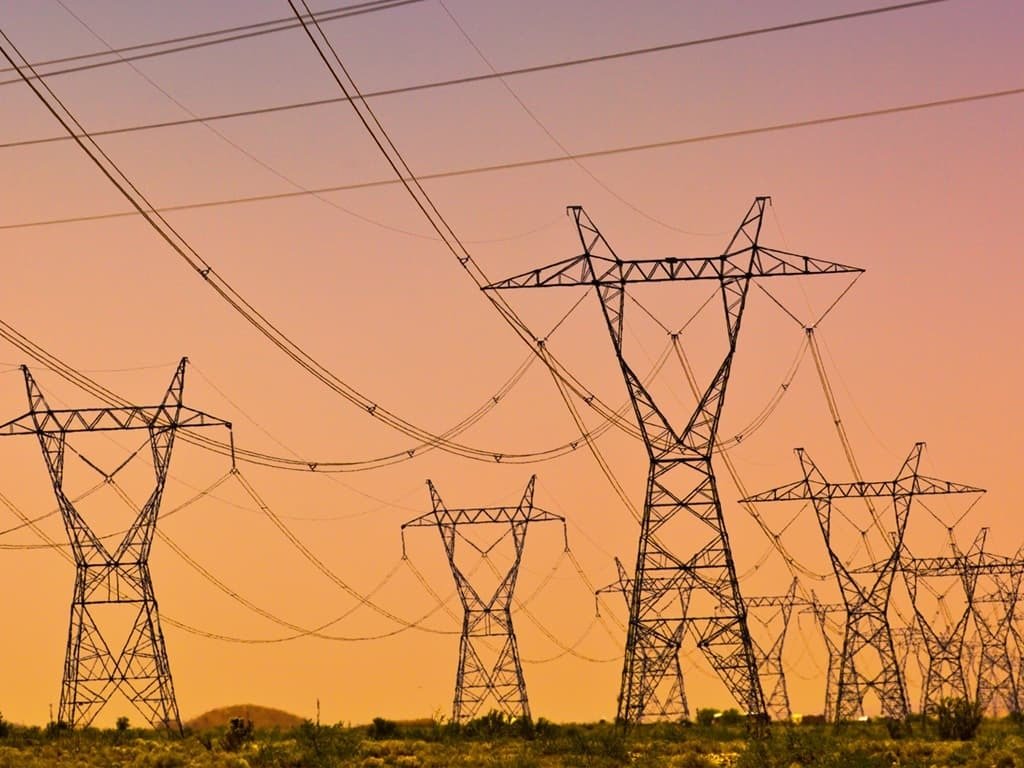The government seeks strategies to stimulate electricity consumption after a notable 7.5% dip in March 2024.
In response to a significant 7.5 percent decline in electricity demand witnessed in March 2024, particularly in consumer categories including industry, the government is actively exploring various avenues to bolster electricity consumption across the nation.
The remarks were made by Chief Executive Officer (CEO) of CPPA-G, Rihan Akhtar, during a public hearing held by NEPRA to discuss the proposed positive adjustment of Rs 2.94 per unit for March 2024, aimed at recovering an additional amount of Rs 22.8 billion from consumers.
The NEPRA hearing, presided over by Chairman Waseem Mukhtar along with other members including Rafique Ahmad Shaikh, Maqsood Anwar Khan, and Amina Ahmed, highlighted concerning trends in power consumption, indicating a worrying trend of de-industrialization.
Rafique Ahmad Shaikh, Member Technical, raised pertinent questions regarding the decline in consumption, existing constraints, net metering policies, disparities between coal-fired and expensive power plants, and strategies to enhance future demand.
During the hearing, Arif Bilwani, a prominent Karachi-based businessman, expressed his concerns about the continuous decline in electricity demand, particularly in the industrial sector. He advocated for the implementation of industry-specific packages to stimulate electricity consumption and alleviate the capacity issues currently plaguing the country.
Bilwani also urged the government to review the Indicative Generation Capacity Expansion Plan (IGCEP) in light of the current consumption patterns, emphasizing the importance of investing in transmission and distribution infrastructure to fully utilize existing capacity.
In response, CEO Rihan Akhtar acknowledged the decline in demand as a major concern and reassured that the government is actively exploring multiple options to address the issue. He highlighted the revision of the IGCEP to align with current demand scenarios and future power requirements.
Furthermore, Wajid Chatha, representing the National Power Control Centre (NPCC), shed light on the operational dynamics of RLNG power plants vis-à-vis coal generation, explaining the rationale behind Economic Merit Order (EMO) and the necessity to ramp up power plants to compensate for reduced solar generation during sunset.
CEO CPPA-G, Rihan Akhtar, emphasized the significant rise in net metering in the country and called for studies to manage supply-side challenges, particularly during periods of reduced solar generation.
The hearing also revealed that overall average electricity demand declined by 7.5 percent in March 2024, with domestic consumption witnessing an 11.3 percent decrease, commercial usage dropping by 2.8 percent, industrial demand declining by 4.5 percent, and bulk consumers experiencing a significant 34.7 percent decrease. Import from net metering amounted to 55 million units in March.
It was highlighted that changes in weather patterns have contributed to shifts in consumption patterns, with the cost of RLNG and coal components significantly impacting the Fuel Cost Adjustment (FCA), compounded by previous claims totaling approximately Rs 7.5 billion, already verified by NEPRA.
In conclusion, the government’s proactive approach to addressing the decline in electricity demand underscores its commitment to ensuring a stable and sustainable energy landscape for the country’s economic growth and development.
